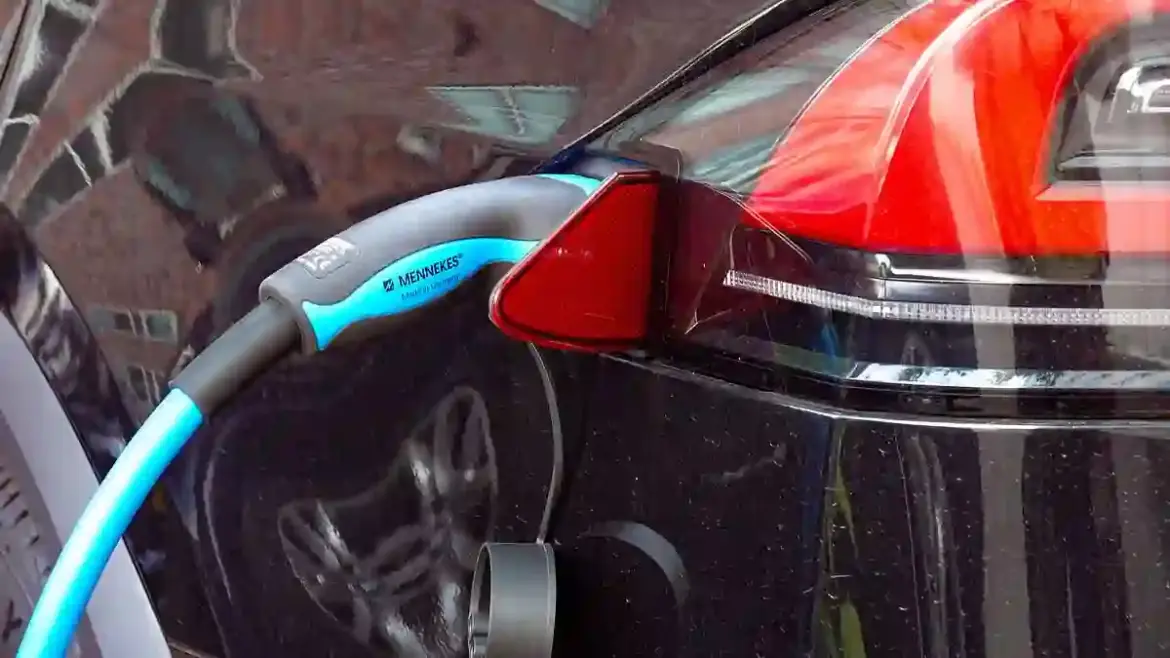Electric vehicles (EVs) are increasingly outpacing petrol and diesel cars in performance, reliability, and value—but many UK drivers are still hesitant to make the switch.
According to a new survey commissioned by chargepoint supplier Char.gy, misconceptions about EVs are holding back adoption, even as technology has improved dramatically.
John Lewis, chief executive at Char.gy, emphasised that EVs “aren’t a distant future anymore,” but sales continue to be affected by the stories people tell themselves about range, cost, and charging.
Range Anxiety Remains a Major Concern
The survey, which included 1,005 UK drivers and 206 EV owners, revealed that 71% of non-EV drivers are worried about running out of charge mid-journey—a phenomenon often referred to as “range anxiety.”
This concern persists despite significant improvements in EV battery ranges.
According to public charging network Gridserve and the Electric Car Scheme, the average new EV sold in the UK in 2025 can travel close to 300 miles on a single charge.
With the average driver covering just 19 miles per day, most EV owners would theoretically only need to charge their car once every two weeks.
Upfront Costs Still Deter Potential Buyers
Another key barrier is the higher purchase price.
Around 62% of respondents cited cost as a major concern, with EVs typically carrying a £5,000 to £10,000 premium over petrol equivalents.
Government initiatives such as the Electric Car Grant (ECG) scheme are attempting to ease this, offering discounts between £1,500 and £3,750 for eligible models with a recommended retail price up to £37,000.
Currently, 35 models qualify, though only two meet the full sustainability criteria for the maximum subsidy.
Manufacturers of cars that fall outside these criteria, particularly from East Asia, have also introduced their own discounts to stay competitive.
Falling Used EV Prices and Market Trends
Char.gy also highlighted that used EV prices have fallen by over 20% since 2023 due to hesitancy among mainstream drivers.
Prices are expected to drop another 28% by 2030 as more models enter the market and concerns about battery longevity are addressed.
Almost two-thirds of non-EV owners said cheaper charging would encourage them to consider switching.
However, accessibility remains a challenge, especially for those without off-street parking.
Charging Infrastructure and Urban Challenges
Approximately 65% of UK households have space to park at least one car off the street, leaving the remaining third reliant on public charging.
This is particularly relevant for city dwellers, flat residents, and those in terraced housing, who face higher costs and less availability.
Latest industry figures show 10,519 public chargers were installed in the first seven months of 2025—just under 50 per day, which is slightly below last year’s daily average of 54.
The slow expansion of charging infrastructure continues to fuel public concern over the feasibility of owning an EV.
Experts Call for Myths to Be Debunked
John Lewis stressed that addressing misconceptions, especially around kerbside charging, could accelerate the EV transition “faster and fairer.”
Sue Davies, head of consumer protection at Which?, noted that while EVs perform well and are popular among current owners, high upfront costs and unreliable public charging remain major hurdles.
She added that drivers in remote areas are particularly concerned about range and breakdown support.
The Psychological and Practical Barriers to EV Adoption
Broadcaster Ginny Buckley, founder of EV advice site Electrifying.com, highlighted that barriers to adoption are not just technical—they are “psychological, practical and deeply human.”
Tanya Sinclair, CEO of Electric Vehicles UK, noted that correcting common myths could increase the likelihood of switching by 12%.
“Repeated misconceptions shape real decisions,” she said, emphasising that addressing both perception and practical challenges is key to boosting EV uptake.
EV Sales Show Strong Growth, But Private Buyers Lag
Despite these barriers, EV registrations in the UK are growing.
As of August 2025, 276,635 electric cars have been registered—a 29.5% increase year-on-year. EVs now account for 21.9% of all car sales, up from 18.3% in 2024.
However, private buyers still lag behind, with fleets and businesses driving the majority of demand.
For many private drivers, concerns about cost, range, and charging accessibility continue to outweigh the appeal of switching to battery-powered vehicles.
